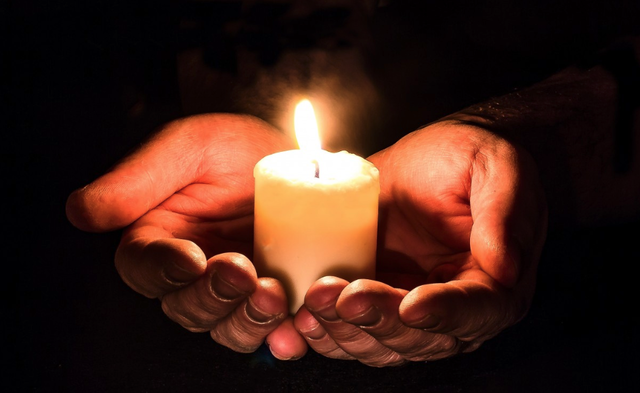The traditional winter gloom is a little darker in this year of COVID-19. Hopeful news of vaccines has been offset by reports of new strains of the disease and dire warnings from health officials that dark days lie ahead for a world that has already been asked to redefine normalcy.
Editor's Note: Neil Cosgrove is the National Political Education Chair for the Ancient Order of Hibernians (AOH), the largest Irish Catholic organization in the US.
Irish America is feeling the brunt of the seemingly relentless pandemic. The disease coming as it did at the beginning of March 2020 meant that many Irish American-owned businesses lost the St. Patrick's Day trade that is key to their year-round survival, not to mention that subsequent restrictions deprived them of customers. We have seen Irish pubs and restaurants that have served as the focal point of their communities for generations and survived world wars and depression shutter. We will not see their like again.
Sadly, due to the isolating nature of COVID, we may not realize how much we have lost until this pandemic passes. Many Irish American events and organizations were clinging to a tenuous thread of existence due to changing demographics, a change the virus may have accelerated. Organizations that "have kept the Irish tradition alive" have lost their fund-raising ability and, in some cases, leadership. We may be shocked to see what we have lost when we emerge from isolation.
In canceling St. Patrick's Day events throughout the state of New Jersey in March 2020, Governor Murphy stated, "We will celebrate St. Patrick's Day next year." The Governor can not be faulted for not being clairvoyant, but it is unlikely that vaccines will be distributed widely enough that traditional St. Patrick's Day celebrations will be permitted in 2021.
Read more
If deferred for another year, we have to ask will there be a place to celebrate St. Patrick's Day in 2022? At this time of year, one can be forgiven of thinking of the line in Dicken's "A Christmas Carol," where the Ghost of Christmas Present states, "If these shadows remain unaltered by the Future, none other of my race will find him here."
Yet, Christmas is also the season of hope, and the Irish are a people of perseverance. No better example can be found than in the Irish tradition of the Christmas candle in the window. A charming legend says it is to guide Mary and Joseph on the way to Bethlehem with an unlocked door signifying that they would be welcomed in this house.
However, the "candle in the window" actually has its origins in another dark time, the age of the Penal Laws, a time when to be a Catholic in Ireland was to risk a charge of treason and potentially death or transportation. However, the Irish did not yield to that darkness, and the light of a candle, a sign that a clandestine Mass would still be celebrated in that house, was both an act of defiance and a beacon of hope.
As Irish Americans, we need to keep a similar light of hope in our hearts, and what better time than at this season of light? The Irish people are a historical paradox; by rights, they should not exist any more than Carthaginians. Yet, the Irish have survived despite conquest, oppression, and even calculated starvation. The Irish continue to persist despite Strongbow, Elizabeth I, Cromwell, and Trevelyan's best efforts.
It would be a mistake to underestimate the challenges that lay before the Irish American community in 2021, but we can take hope and pride that our forebears endured far worse; that the history of the Irish people is one of remarkable resiliency, that we have come back from a long litany of adversities stronger than ever.
It will not be easy, and we cannot afford a "let the other guy do it attitude," but let us make a New Years' resolution to make 2021 a year of rebuilding and investment in our Irish American community.
In the continuing shadow of COVID-19, let us "Light one candle than curse the darkness."




Comments